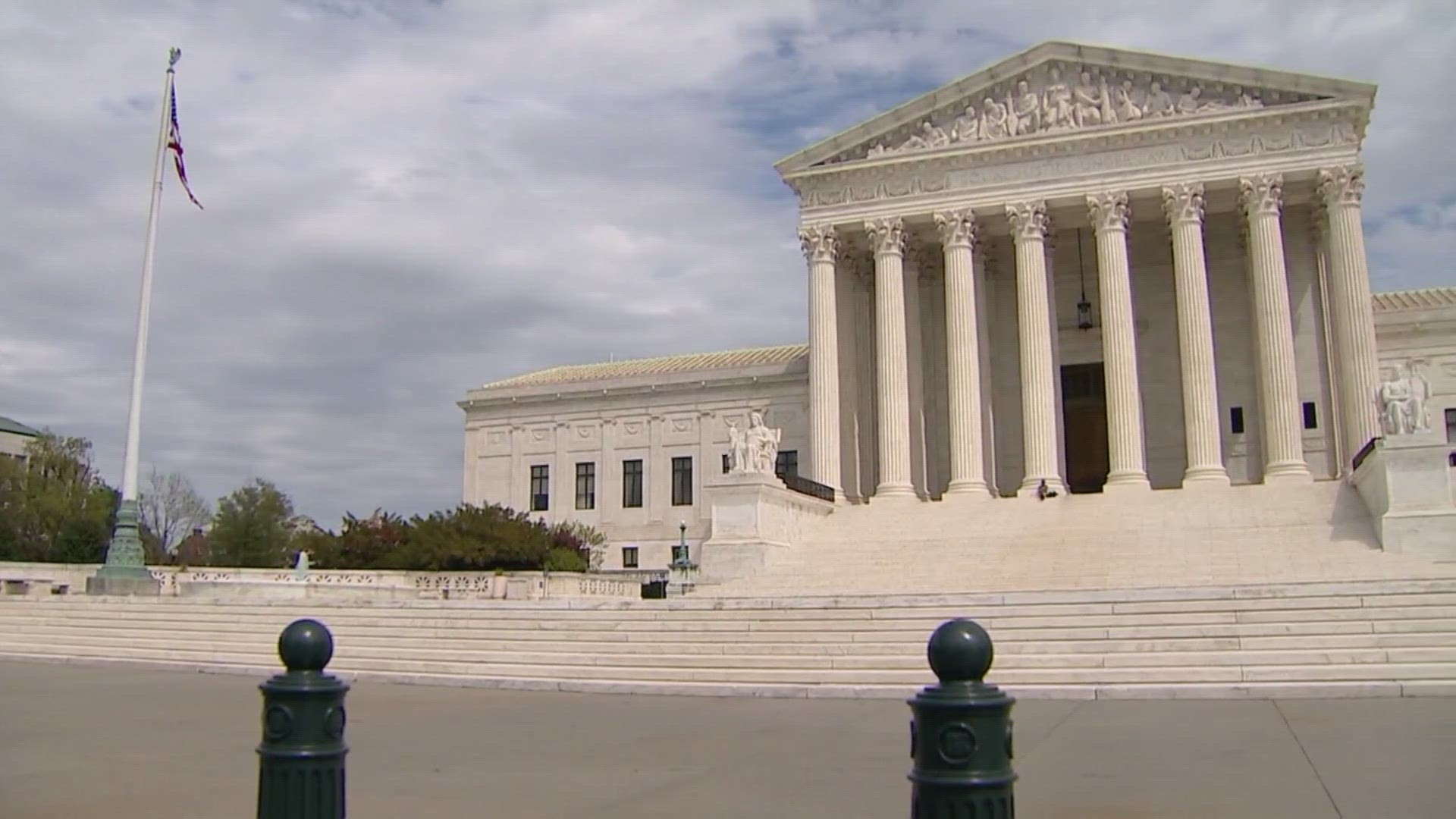DALLAS — A year ago, the U.S. Supreme Court removed the constitutional right to abortion.
This weekend marks the one-year anniversary of the Supreme Court overturning Roe v. Wade. This decision gives states the power to make their own laws on abortion.
In Texas, abortion is banned.
Since the decision -- known as Dobbs v. Jackson Women's Health Organization -- where bans are in place, how many abortions are performed in states and the support levels for abortion differs across the country.
For anti-abortion advocates, the day last year was filled with joy. However, for abortion-rights advocates, it was the opposite.
Those on both sides of the aisle share with WFAA what the last 12 months have looked like for them.
Amy Hagstrom Miller is President and CEO of Whole Woman’s Health. Clinics they had in McKinney and in Fort Worth closed after the state’s abortion ban went into effect in summer 2022.
Whole Woman’s Health’s closest clinic is now in Albuquerque, New Mexico. In its first few days open in March, the clinic saw 19 patients – 18 of them were from the Texas. Miller said this is the norm, and that the “majority of patients are from Texas.”
“A ban on abortion does not stop the need for abortion,” Miller said.
Disappointed in the Supreme Court’s decision, the clinic vowed to continue helping women receive abortion care.
“Abortion care is part of regular reproductive healthcare,” Miller said. “It’s essential medical care.”
Miller called last year’s overturn of Roe v. Wade “devastating,” but not a surprise. She said when the North Texas Whole Woman’s Health clinics closed, DFW lost more than just access to an abortion – but well-women check-ups, contraceptive care, and sexually-transmitted infection screenings.
“This what Texas politicians have done and the ramifications of this abortion ban is going to be felt by generations of Texans,” Miller said.
Meanwhile, anti-abortion organization Texas Right to Life, called the Supreme Court decision a “success for the pro-life movement.”
“We’ve seen just here in Texas, you know, our abortion rate go down, or going from about 55,000 abortions every year down to less than 100 a year,” Texas Right to Life President John Seago, said.
The organization strictly opposes abortion. While Texas Right to Life does not directly provide resources to mothers or expecting mothers, the group has spent the last year working on policy that would do just that.
“We also supported a policy that would give moms 12 months of Medicaid coverage after she gives birth,” Seago said, referring to House Bill 12, which was signed into law this legislative session.
Seago said Texas Right to Life has also been working on ways to better track other illegal forms of abortion care in Texas – whether its “rogue attorneys who say they won’t prosecute illegal abortions in their districts,” or mail-in abortion pills from out-of-state.
“It is a state jail felony to mail abortion-inducing drugs to a woman in Texas,” Seago said.

